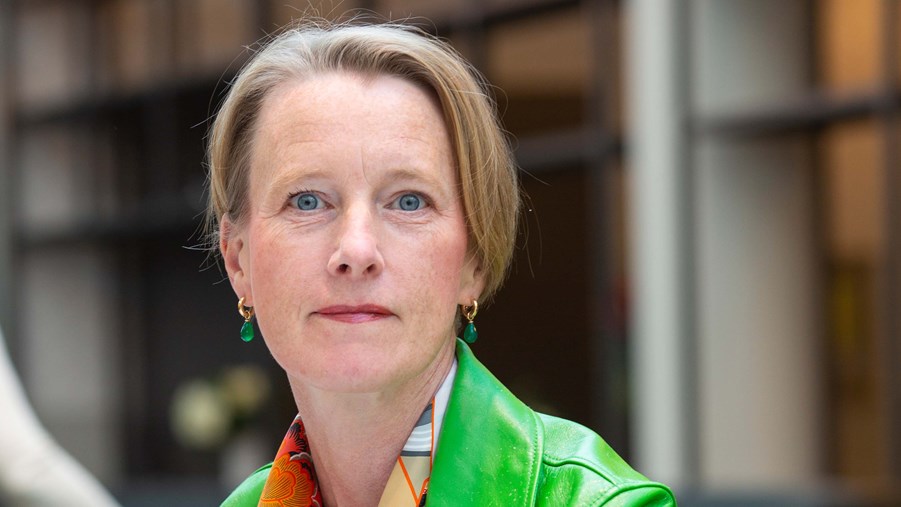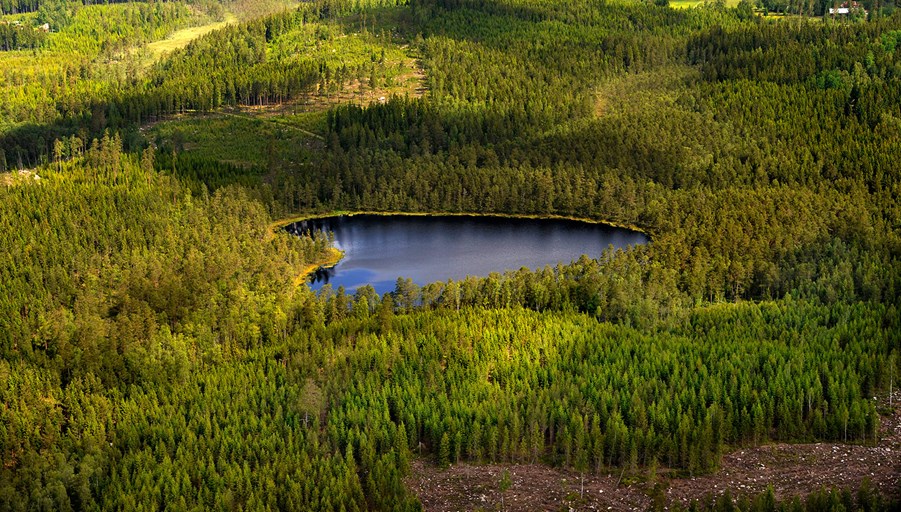
Competitiveness, forests, and the green transition topped the agenda when European Commission President, Ursula von der Leyen, visited Sweden on January 19th. Swedish Forest Industries Federation CEO Viveka Beckeman joined von der Leyen, and Sweden’s and Finland’s prime ministers, on a visit to Stora Enso.
“Phasing out fossil emissions is absolutely crucial to the success of the EU Commission’s ambition to make Europe the world’s first climate-neutral continent. The forest industry has a key role to play in this, as well as strengthening EU competitiveness and independence. Ursula von der Leyen visiting one of our member companies is an excellent opportunity to showcase the considerable potential of forest products,” says Beckeman.
The forest industry have a decisive role
During von de Leyen’s day in Stockholm, she visited Stora Enso’s biomaterials innovation centre in Nacka, together with Swedish Prime Minister Ulf Kristersson and Finnish Prime Minister Petteri Orpo. The visitors were given a tour of the company’s laboratory, where lignin-based materials for battery nodes are developed. There was also a presentation on renewable wood materials as a strategic resource for achieving climate goals.
“The forest industry is a strong supporter of ambitious climate and environmental goals at EU level. In order to succeed in the green transition and at the same time improve competitiveness, we need an economy based on renewable materials. The forest industry and Sweden have a decisive role to play in the development of a circular bioeconomy,” says Beckeman.
The forest industry's importance
Earlier last autumn, Kristersson and Orpo wrote a letter to von der Leyen highlighting the forest industry’s importance to the whole of Europe and European climate efforts. Among other things, the two Nordic prime ministers set out how forests support the climate and environment, materials and raw materials, carbon dioxide sequestration and biological diversity.
Several important political events lie ahead in 2024. In addition to European Parliament elections, a new EU Commission must also be appointed, and a new political programme drawn up. Forest Industries see three strategic areas of particular importance for the EU in the years ahead. These are the bloc’s resilience and competitiveness, climate neutrality, and a circular, bio-based EU economy.
Furthermore, the EU will soon present proposals for its 2040 climate targets. This is the same time line as the Forest Industries’ Future Roadmap, which was published in 2023. In it, the Swedish forest industry has defined three sustainability pledges for climate, circularity, and biodiversity.

